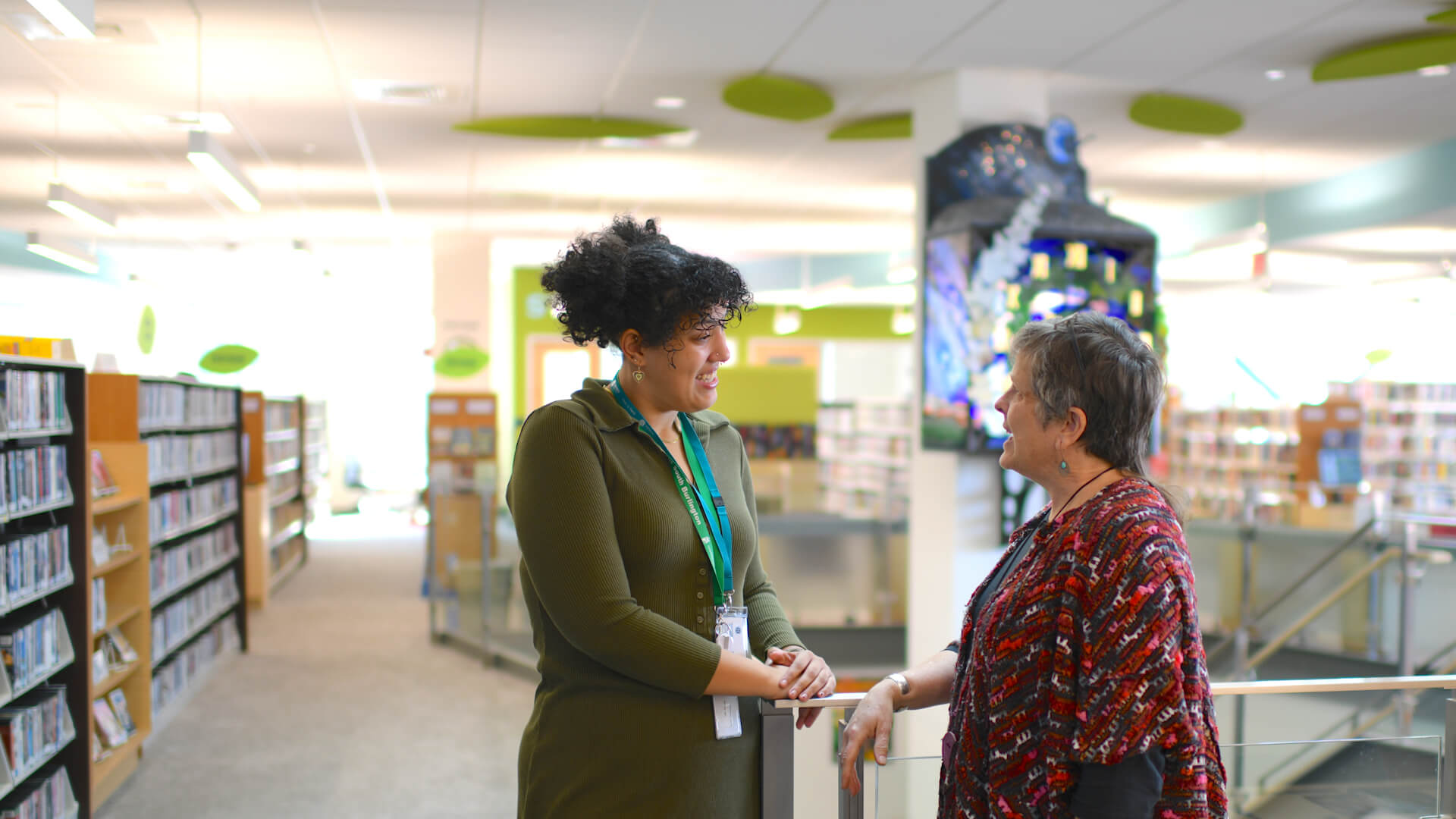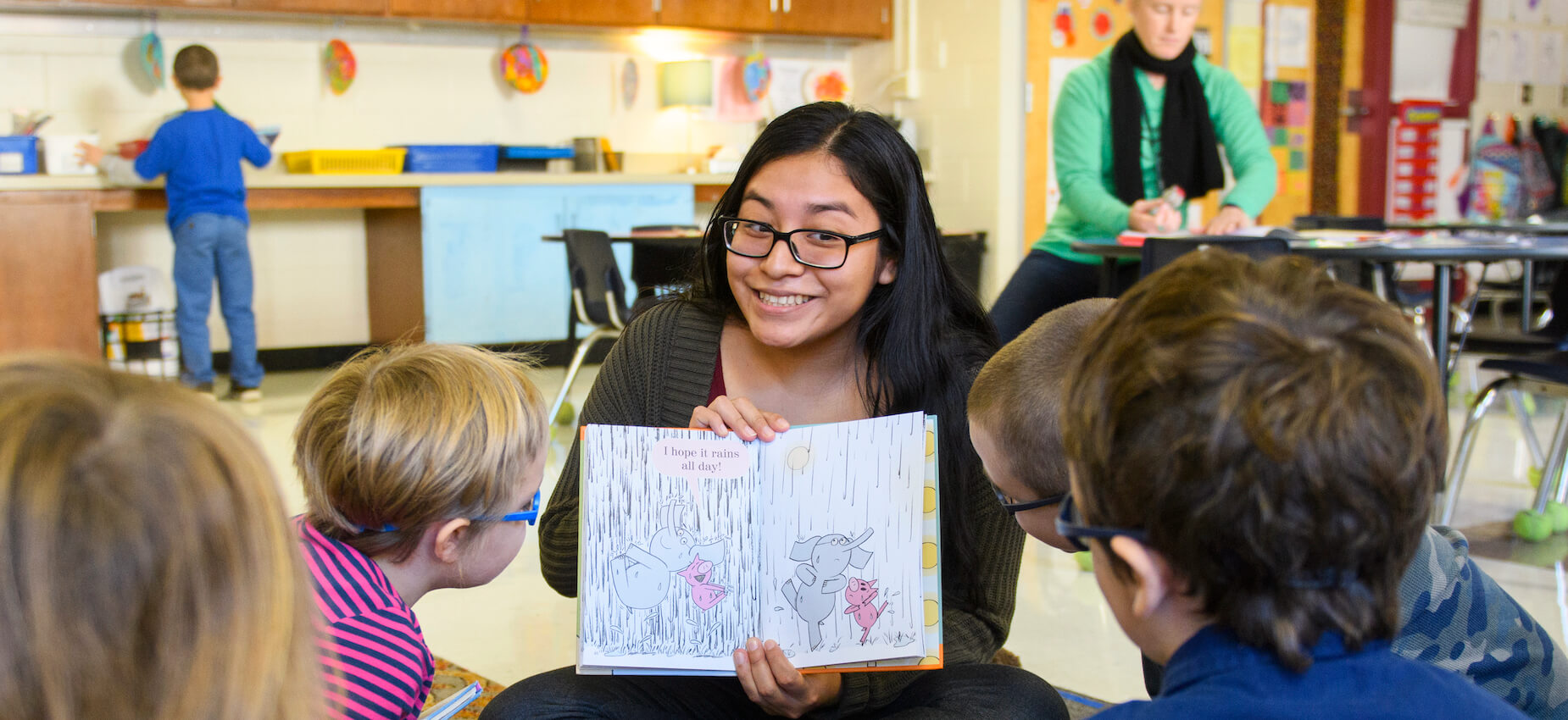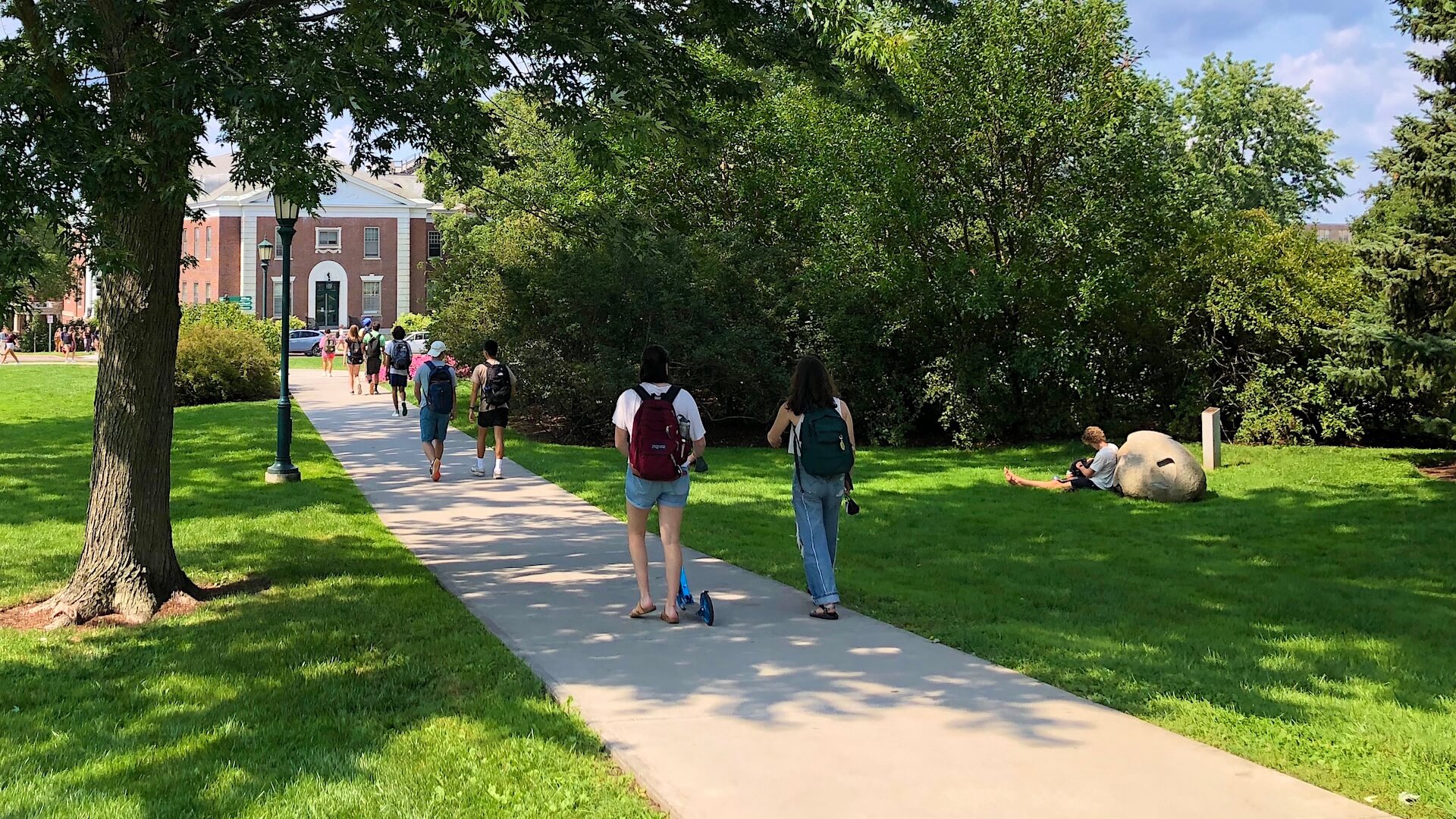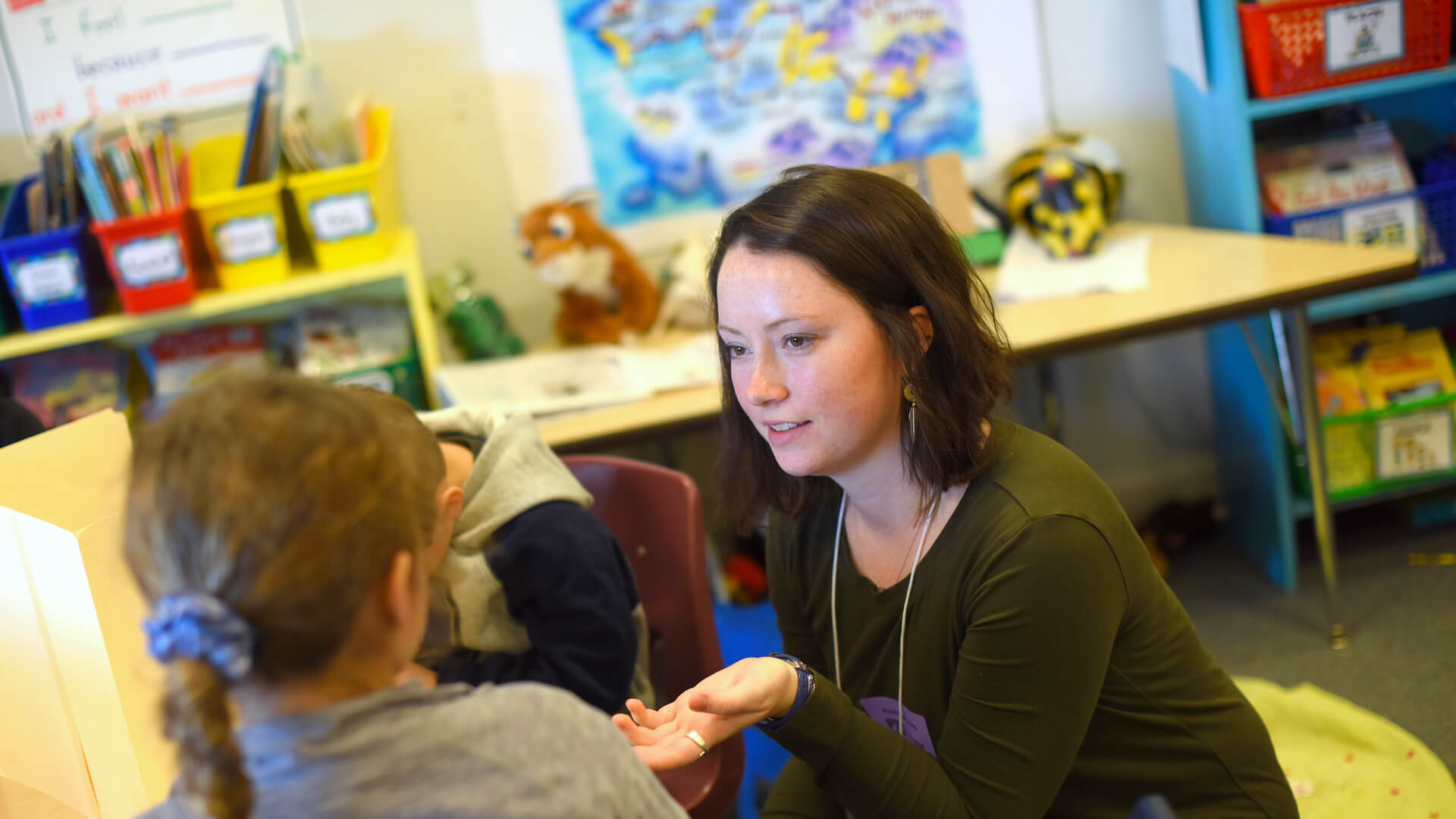Program Overview
Interdisciplinary Perspective. Numerous Career Pathways.
Are you interested in a career in the helping professions? Do you want to develop a deep interdisciplinary understanding of human development and how this informs professional practice?
Human Development and Family Science (HDFS) explores the ways people grow and develop, form relationships and families, and cope with the common events of life. Our students gain the knowledge and experience to become skilled and ethical professional practitioners in a variety of fields.
Our interdisciplinary perspective is a distinctive aspect of the program. You will take courses in the behavioral and social sciences, the humanities, physical and biological sciences, and multi-cultural education. These liberal studies provide vital knowledge and perspectives needed to fully appreciate the complex interaction of individual psychology and biology, social relationships, families, communities, societies and cultures.
In some courses, we focus on the study of individual development. In others, we examine the contexts in which individuals develop, such as personal relationships, families and communities, gender and sexual identities, and societal institutions.
Coursework and Degree Requirements
We also focus on information literacy, critical reflection, and community-engaged learning experiences rooted in social justice and strengths-based frameworks of human development and family science.
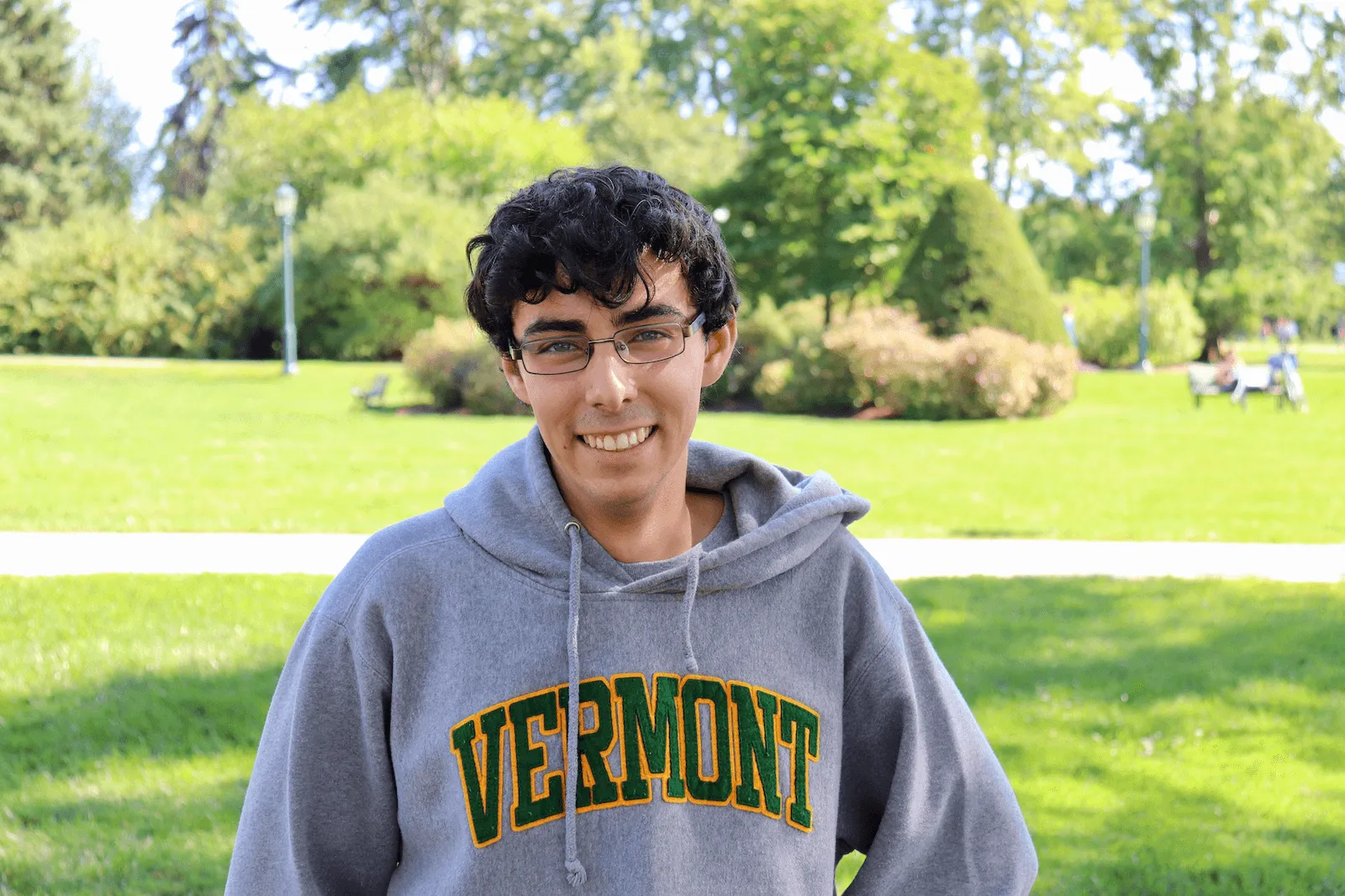
“None of the other schools I considered offered the Human Development and Family Science major. That was really appealing to me. I’m super grateful for the great friends and connections I’ve made throughout my years at UVM.” – HDFS graduate Ben Schnier
Personalized Student Support
A defining element of the program is the importance we place on supporting our students throughout their college years at UVM. Our faculty work hard to help students with their academic, professional, and personal decisions.
Experience in the Field
In your senior year, you will engage in a capstone two-semester internship in one of a variety of public and private agencies for about 6-8 hours a week. Depending on your interests, potential settings include family centers, youth programs, intimate partner violence organizations, centers for abused and neglected children, legislative offices, programs for elders, community mental health programs, public and private schools, and more.
Career Information
As an HDFS graduate, you will be ready to pursue an advanced degree or a wide range of professional careers that promotes positive development and healthy relationships. Your work will empower individuals, families, and communities to thrive.
Our graduates often tell us how well the program prepared them for the work of supporting human development among diverse individuals across a variety of developmental and social contexts.
View additional information about HDFS-related careers with your undergraduate degree and careers requiring further education:
Admissions
Apply, Visit, or Request Information
Contact
Please reach out out to Student Services Office if you are interested in the HDFS Major or Minor.
Program Policies and Additional Resources for Our Majors
HDFS alums etc in the NEWS
View the latest stories featuring HDFS alums, students, faculty and staff on the CHDF News and Events page

